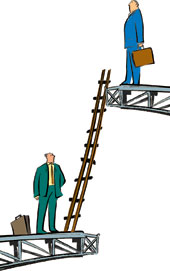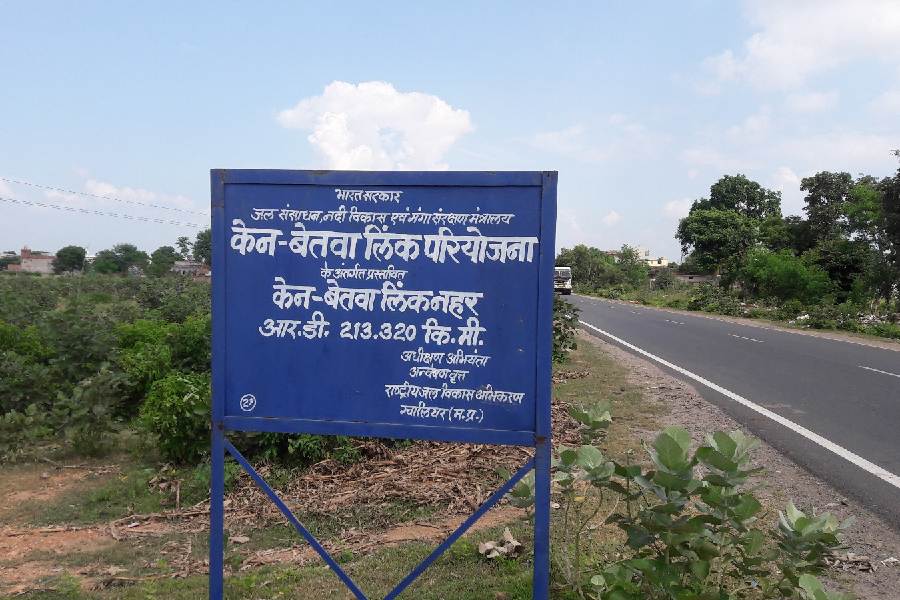 |
Infosys chief financial officer (CFO) T.V. Mohandas Pai is hanging up his boots as the main bean counter in the organisation. In a curious move, he is taking over as the head of HR. The company says it is to emphasise the importance of HR. Infosys has begun to recruit in an even bigger way. Its current employee strength is 52,715. It plans to up this by 25,000 this year ? 18,000 in the parent company and the rest in its subsidiaries. HR is obviously top of mind in such an environment. Besides, there has been a bit of a vacuum at the top since Hema Ravichander quit as the HR head a few months back.
Infosys would have us believe that the new hat Pai is donning is an indication of the importance the company is giving to the HR function. But there are several HR professionals who are aghast. “It is a clear signal that, even in the best of companies, HR is regarded as something that anybody can do,” says the HR head of an MNC subsidiary. “What HR skills does Pai bring to the table?”
Pai is way up there as a CFO. He has won several awards including the first CFO of the Year award instituted by the Economist Intelligence Unit and American Express, and the Best CFO in India award from Finance Asia. But his sole brush with HR has been the introduction of human resources accounting in Infosys’ annual report.
“Sure HR isn’t rocket science,” says the MNC executive quoted earlier. “But would you employ a rocket scientist to head your HR function? This (the Infosys move) is a retrograde step. It is like telling the world that even a dishwasher can handle HR provided he has the confidence of the management.”
Mumbai-based HR consultant D. Singh is unwilling to enter the debate. (“Infosys knows best,” he says.) But, on a broader issue, he feels HR professionals have yet to come into their own. “How many HR heads become CEOs?” he asks. “At the same time, you have several CEOs, risen to the top from other disciplines, who are touted as wonderful HR people.”
John Sullivan, consultant and author of HR People are from Mars, CEOs are from Venus, raises the same question: “Have you ever noticed that VPs of HR almost never become CEOs at their own firms? Their failure to move up is partly caused by the dramatic differences between how HR people and CEOs think and act.”
His prescription for success runs thus: “If HR professionals are to become business leaders and eventually CEOs, they need a radical change in focus, thinking, language and in the way that they act. HR needs to study the success patterns within organisations to see what it takes (critical success factors) to develop power, influence and to get resources. If we are to lead the organisation, we must begin acting like CEOs. That means doing the hard things first. HR needs to stop thinking like an overhead function. It needs to adopt a ‘HR competitive advantage’ strategy and to drive corporate change, productivity and profitability... and do it at an Internet speed.”
The time for the change in India is now. Recruitment is hotting up. Take IT companies. TCS is ramping up numbers in a big way. More importantly, it is stepping up salaries in India by 15 per cent. “There is more pressure on salaries,” says the TCS global head for HR, S. Padmanabhan. “We will be adding people all over India,” says Wipro chairman Azim Premji.
This is clearly the time for HR professionals to get up on the escalator that goes direct to the top floor.
HOPE FOR HR
The six strategies for success
• Become a deep generalist, a business advisor as well as an HR professional.
• Listen deeply, then act. Deliberate, but come out with a firm line.
• Always make the business case. CEOs look at the bottomline first. Show how your plan will make money for the organisation.
• Be straight with integrity and conviction.
• Be the confidant of the CEO and the team.The head of HR cannot be an advisor to the CEO alone. He has to build trusted relationships upward, laterally, and below.
• See the big picture. Don’t trip over the blades of grass.
Source: Adapted from Human Resources Management in the 21st Century, by Bob Gandossy and Andrew Sobel











